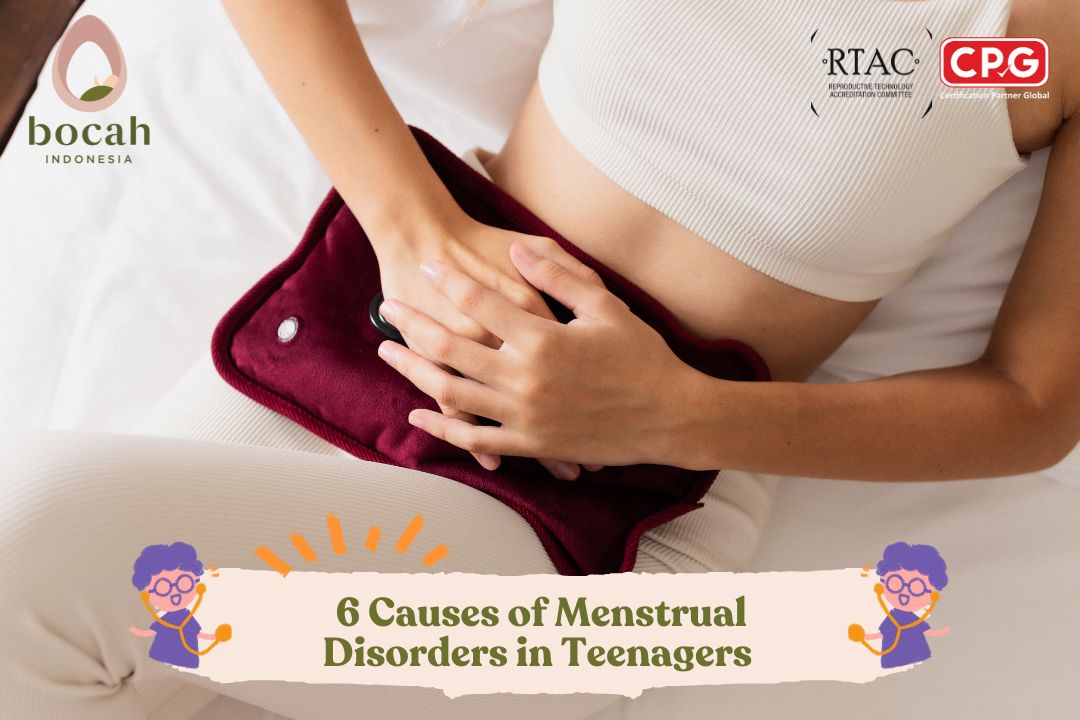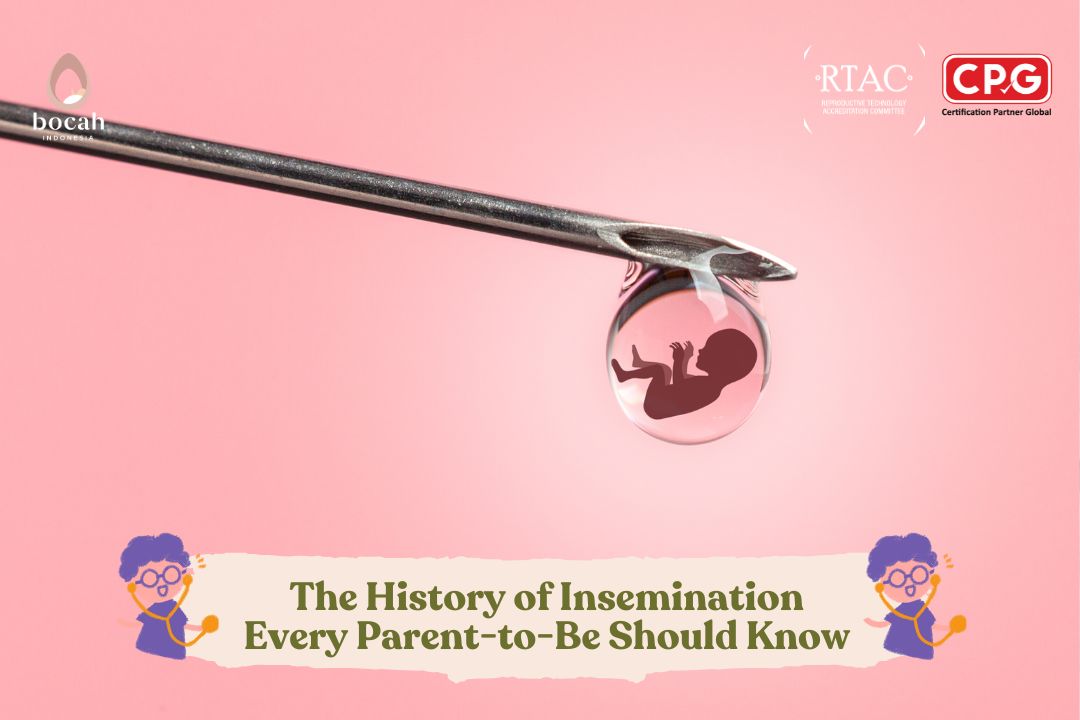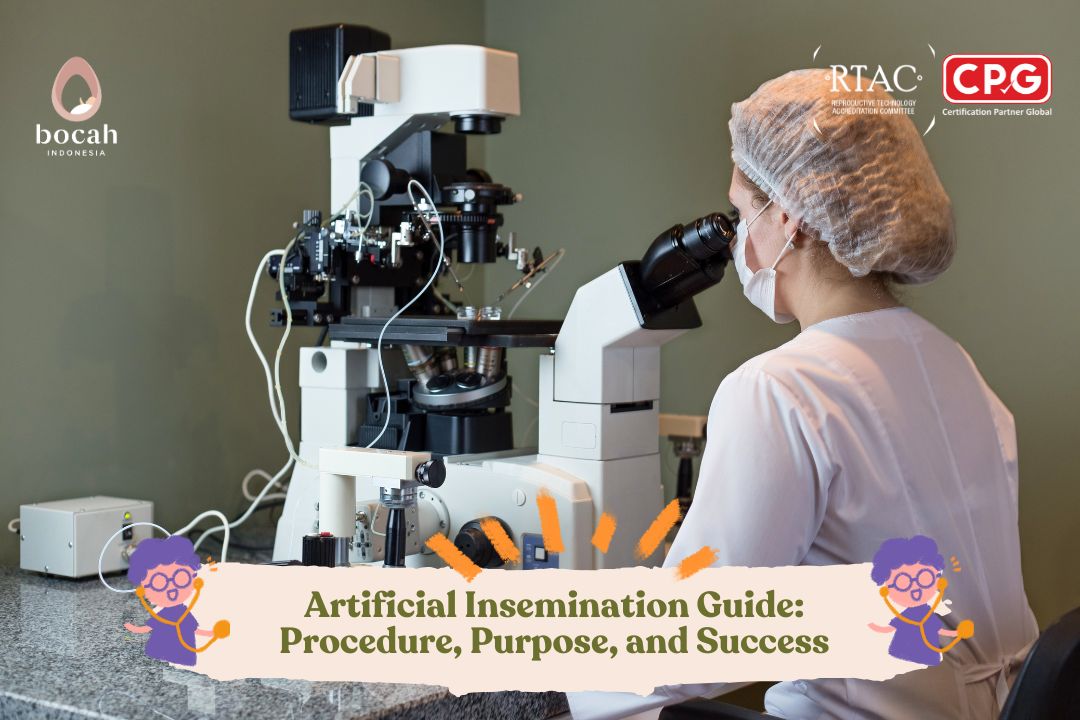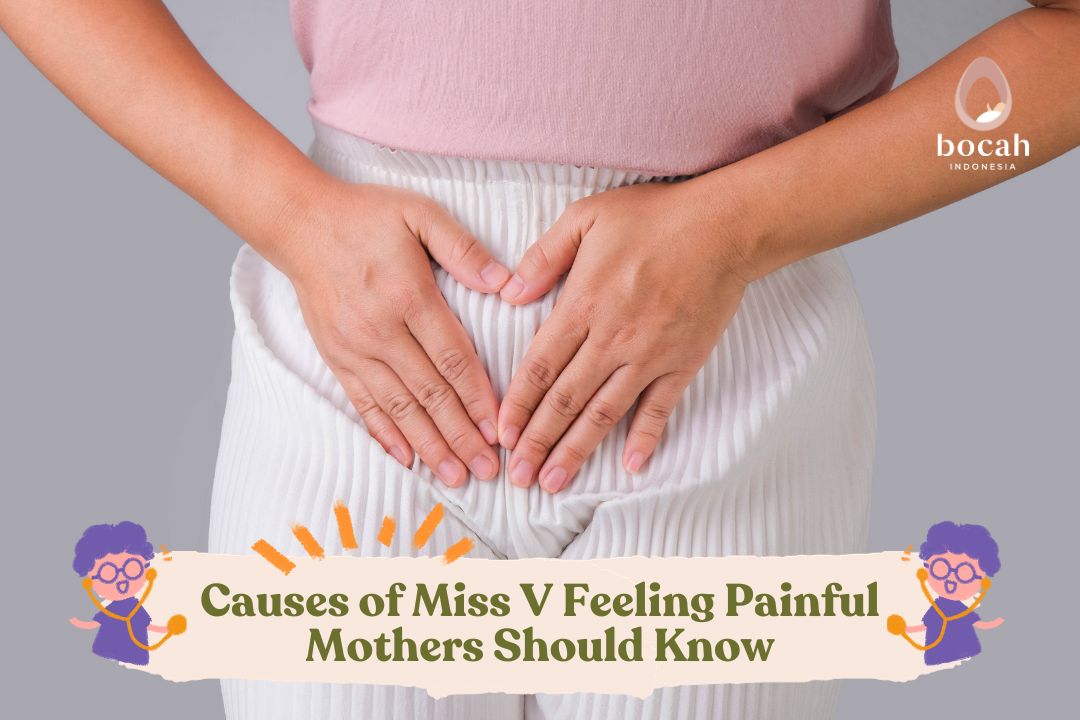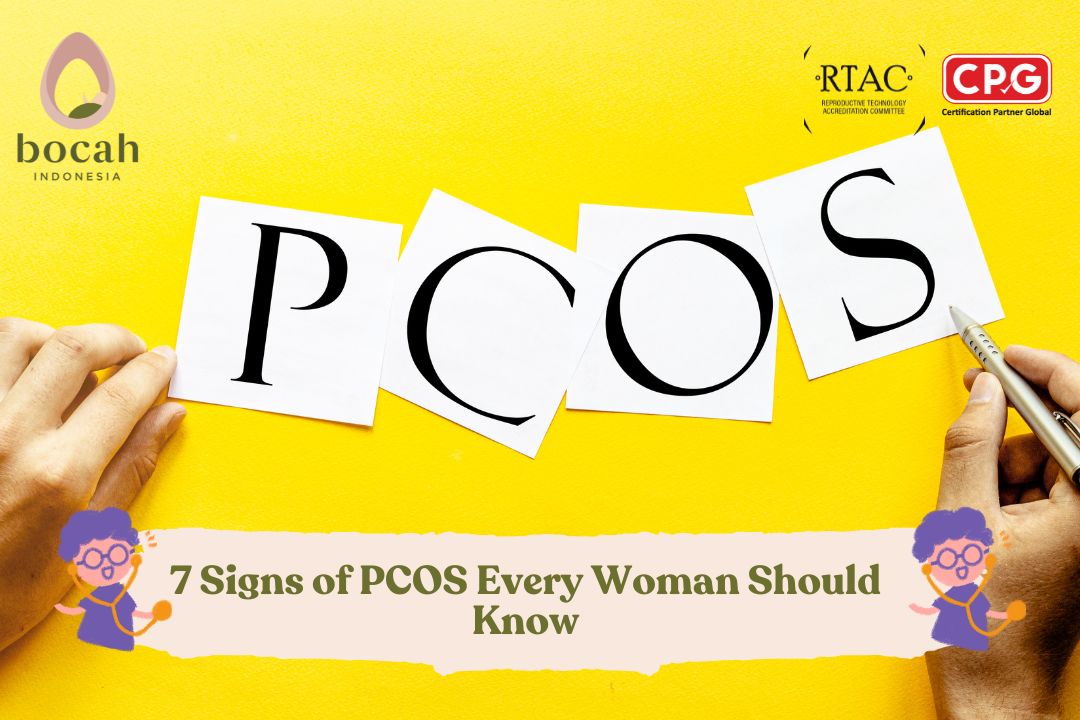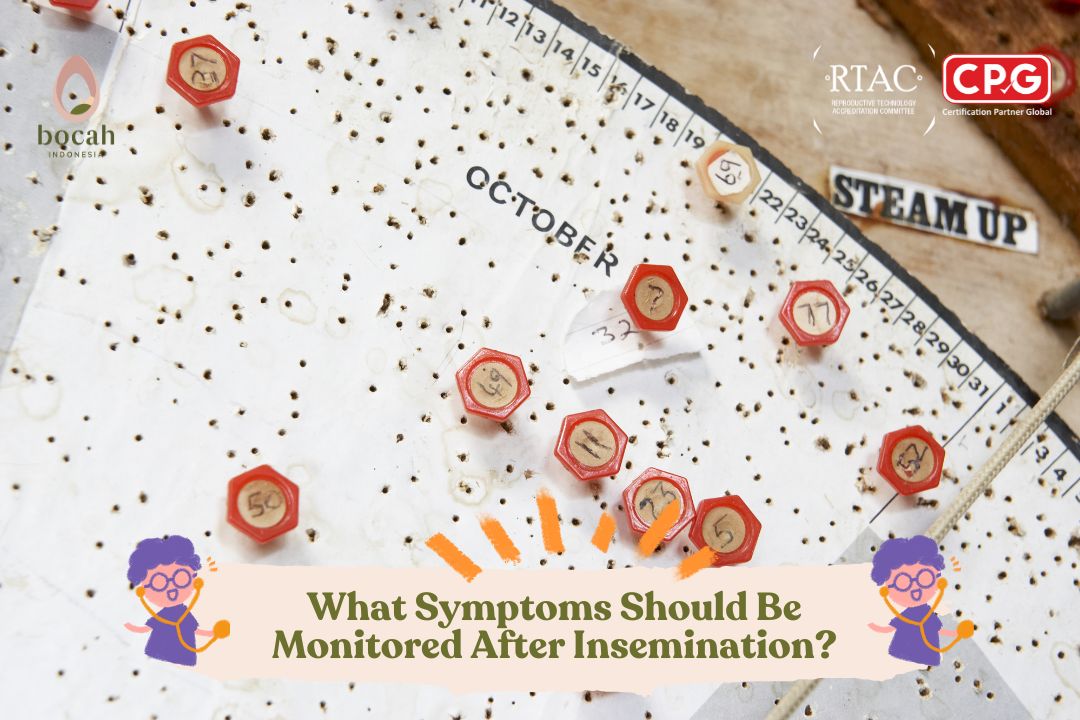4 Types of Insemination Parents Should Know
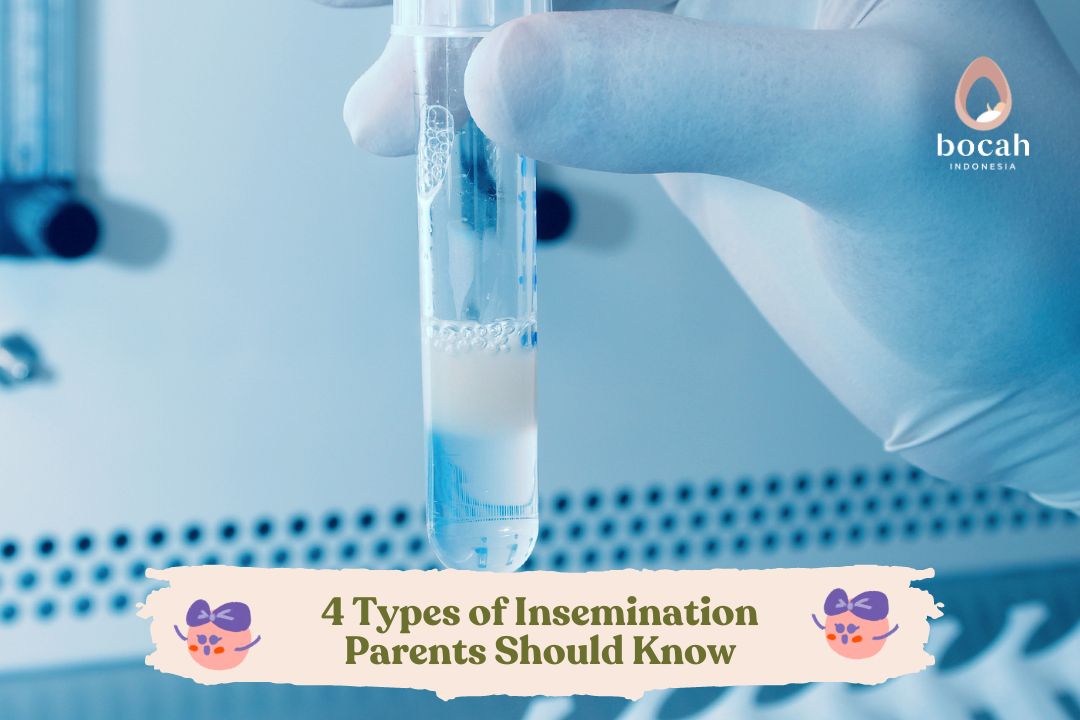
Artificial insemination is an assisted reproductive technique with several types. For couples planning a pregnancy, artificial insemination may already be familiar. Artificial insemination is one of the assisted reproductive technologies for couples who have difficulty conceiving naturally.
According to a study published in the journal Human Reproduction, artificial insemination is a fertility treatment performed by directly inserting sperm into the uterus to achieve pregnancy. In the insemination method, sperm cells are “sorted” and selected to increase the chances of pregnancy.
Types of Artificial Insemination
One of the most common types of artificial insemination is intrauterine insemination (IUI). However, there are several other types of artificial insemination as well. Here are some of them:
1. Intrauterine Insemination (IUI)
Intrauterine insemination (IUI) is a procedure commonly chosen by couples who experience fertility issues. Intrauterine insemination involves inserting sperm directly into the uterus to facilitate fertilization.
This method is particularly helpful for couples who have difficulty conceiving naturally. In natural conception, thick cervical mucus can block sperm from reaching the egg. Therefore, the IUI procedure provides a “shortcut” for sperm to reach the egg without encountering these barriers. According to Dr. Febriyan Nicholas, Sp.OG., M.Kes., an obstetrics and gynecology specialist at Bocah Indonesia, the success rate of insemination reaches 10-15 percent.
Mulai Journey of Hope
2. Intravaginal Insemination (IVI)
In addition to intrauterine insemination (IUI), another type of artificial insemination is intravaginal insemination (IVI). Intravaginal insemination involves the direct insertion of sperm into the vagina. While intrauterine insemination (IUI) is performed for couples facing infertility issues, intravaginal insemination can be done for couples who do not have fertility problems.
This fertility program can also be an option for women who experience pain during sexual intercourse (not due to medical reasons). Unlike intrauterine insemination (IUI), the success rate of IVI tends to be lower. Therefore, this fertility program is rarely chosen by couples planning to have children. If you choose this fertility program, it’s important to use sperm with good motility (movement) and morphology (shape).
- Fasting While Trying to Conceive? Healthy Meal Ideas for the Entire Month - 04/03/2026
- 12 Foods to Help You Get Pregnant Faster - 03/03/2026
- 3 Juice Recipes for a Pregnancy Program - 26/02/2026


